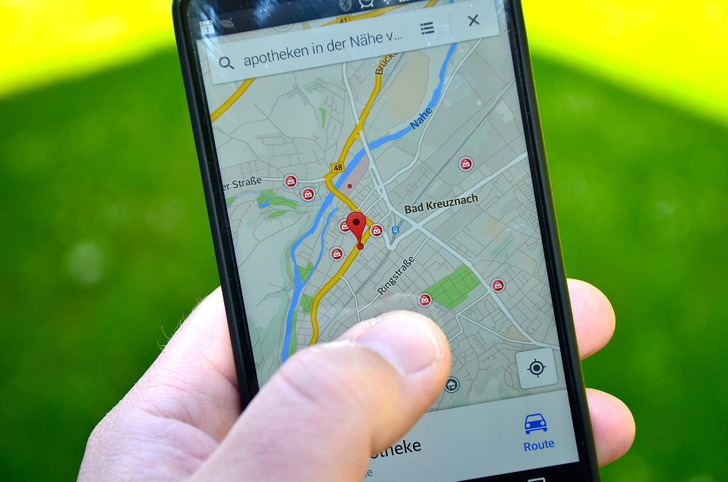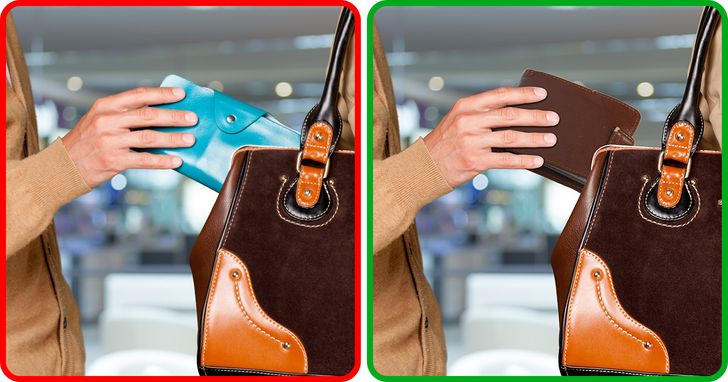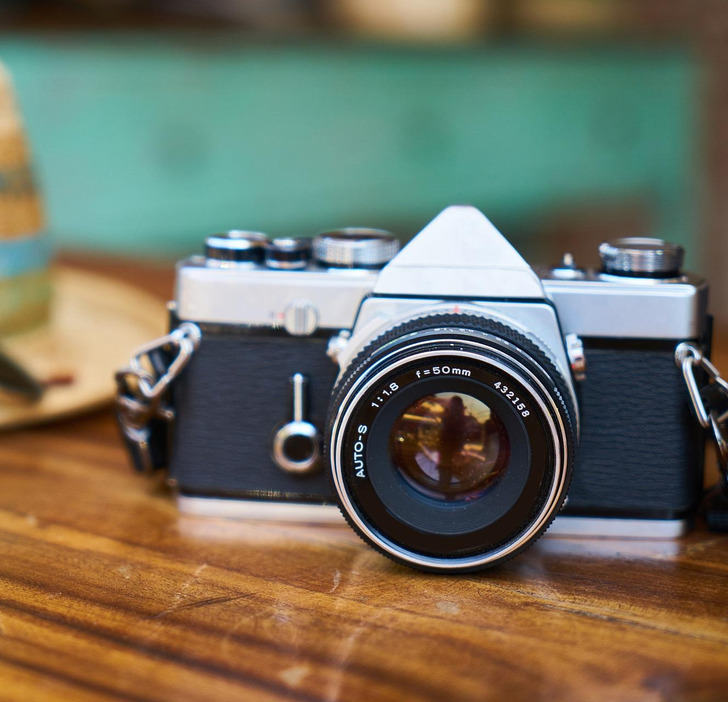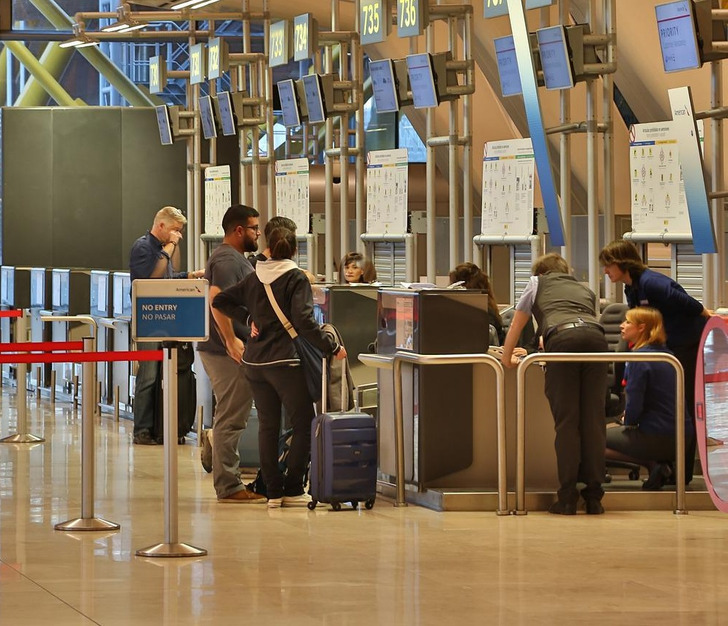where do you get these ideas
14+ Smart Life Hacks for Traveling Safely That We Wish We Knew Sooner
Now and then magazines, newspapers, and websites publish lists of the safest and the most dangerous travel destinations. But in fact, there’s always a chance of being robbed or attacked in any country in the world. Before going on a trip to another city or country, it’s better to consider your safety in advance.
Here at Bright Side we want to tell you about these safety hacks that will help you feel comfortable and secure in unknown cities. And don’t miss our bonus life hack featuring an empty glass and a door handle.
General safety:
1. Learn how to manage your allergies and health issues abroad.

If you have any life-threatening allergies, learn how to write and pronounce the name of the food product or medicine you are allergic to in the local language. Write down these names on a card, in your phone notes, or use a medical alert bracelet. This is also true for any other diseases and medical conditions that need treatment.
2. Download offline versions of maps and translation apps.
Google Maps, Google Translate, and similar apps as a rule need an internet connection to function. However, these and some other apps have offline versions as well. Before you go on a trip, download the offline map of the city you are heading to and the needed language for your translation app. Doing so you can be sure you don’t get lost in a foreign city, even if you don’t have access to the internet.
3. Learn the schedule of local public transport.
Public transport is a good option if you want to travel cheap and safe. It’s important, however, that you learn the schedule of the local public transport in advance. In some places there are fewer or no buses or trains at night. If you don’t know the schedule, it may happen so that you miss the last bus and have to walk or pick a cab.
Protecting your belongings and documents:
4. Confuse pickpockets with the help of a dummy wallet.
A dummy wallet will help you keep all your cash and credit cards when being robbed. Buy a cheap wallet and fill it with fake paper or plastic cards and fake cash that looks real. Offer this wallet to a pickpocket when they attempt to rob you of your belongings. Just don’t forget to wear the dummy wallet like a real one, in your pocket or purse.
5. Leave expensive items at home.
A new costly camera or expensive jewelry may attract unwanted attention. If you are not supposed to be dressed up in luxurious outfits during your trip, it’s better to leave your jewelry and expensive accessories at home. Dress simple and appropriate for the place you’re heading to, and hide your camera when you’re not using it.
6. Email yourself scans of important documents.
Before going on a trip, scan and email yourself copies of important documents like your passport, driver’s license, insurance, visa, tickets, etc. If you happen to lose the originals, you can always access the copies in your e-mail to get the necessary information and to have your documents replaced. It’s also a good idea to carry a paper copy of your passport instead of the passport itself when out and about in an unfamiliar city.
Protecting your ID and personal information:
7. Always take your ATM receipts with you.
Few of us think about it, but this piece of paper left at the ATM can help someone steal your identity. Depending on the region and the bank, ATM receipts may display your location, recent transactions, balance, the last digits of the card and account numbers. Don’t forget about general ATM usage safety rules:
- Make sure no one’s behind you when you enter your PIN number;
- Don’t use poorly lit machines or those which are located in deserted areas;
- Don’t count your cash or look through your belongings while standing at an ATM.
8. Look for secure internet connections.
When traveling we mostly come across public internet at hotels, cafes, and airports, which is not always safe. If there’s no way you can avoid using unsecure public internet connections, be particular about what you type into the keyboard. Avoid typing email passwords and website logins, and avoid logging into your bank account, work email, and other sensitive accounts when using unsecure connections.
Hotel safety:
9. Choose a room on the 2nd, 3nd, or 4th floor.
Security specialists are sure that it’s better to choose a room between the 2nd and the 4th floor. The ground floor is too easy to access from the ground, while floors from 2nd to 4th are too high for thieves, but low enough for fire truck ladders to reach in case of an emergency. Moreover, in many hotels the 2nd and above floors require a key to access the floor, which makes it harder for thieves to get to your room.
10. Check the locks on all the windows.
Check the locks on the windows and the balcony door when you arrive and each time you return, since housekeeping may open them and forget to lock them again. If your room has a conjoining room, make sure the door between the 2 is securely locked.
11. Put the “Do Not Disturb” sign on the door when you leave the room.
When you leave the room, turn the radio or TV on, and place a “Do Not Disturb” sign on the door handle. By doing this you will give potential thieves the impression that you are inside the room.
12. Avoid using the safe in your room.
Hotel safes are easy to break into and they are the first thing that is targeted if your room is robbed. Address the check-in counter to see if there are any other options of keeping your belonging safe.
13. Avoid saying your personal data out loud when checking in.
Write down your name, telephone number, and any other necessary information on a piece of paper and hand it over to the hotel staff so that this information cannot be overheard. Ask the hotel staff to write down your room number instead of saying it out loud.
14. Place a piece of tape or paper over the peep hole.
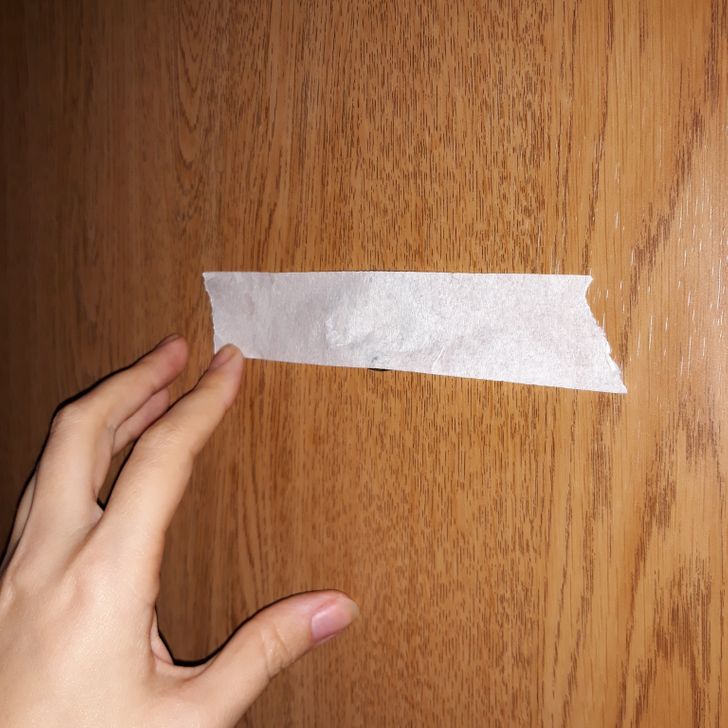
There were cases when people were spied on and even filmed through the peep holes of their hotel rooms. When you enter the hotel room, check to see if the peep hole is present and untouched. Do not accept a room if a peep hole is absent or damaged, and if it is ask to switch rooms. Cover the peep hole with a piece of paper or tape from the inside of the room.
BONUS: Put a glass on the door handle in your hotel room.
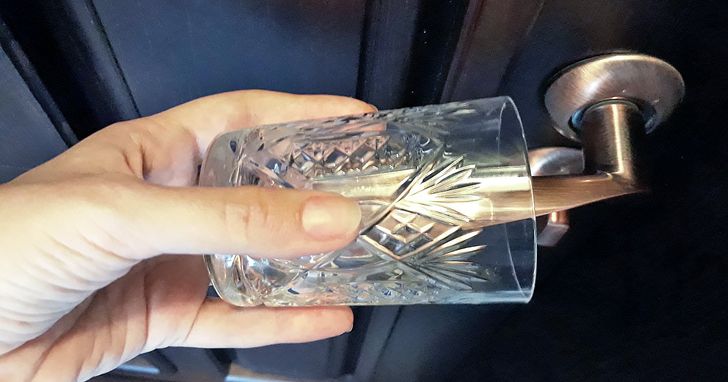
Some of the economy class hotels have poor security systems or no security system at all. To feel safe in your room at night, put an empty glass on the door handle before going to sleep. If anyone comes into your room, the glass will fall onto the floor and the sound will wake you up.
Which of these hacks would you like to try during your next trip? Do you have your own tips on how to travel safely? Feel free to share them in the comments!
Comments
Why not bring band-aids/plasters instead of packaging tapes? Is their anyone who brings packaging tapes while sightseeing? And you're not allowed to bring lighters in the departure area. You have throw them away during security check. ?♀️
Related Reads
16 Life Hacks That Seem Crazy but Are Actually Handy
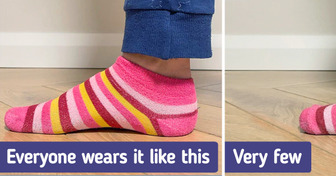
12 Florists Revealed Some of the Craziest (and Really Awkward) Messages They’ve Been Asked to Send

20+ Cunning Parents That Always Have an Answer to Any Mischief From Their Children

20 Internet Users Who Created Genius Lifehacks That Are Game Changers
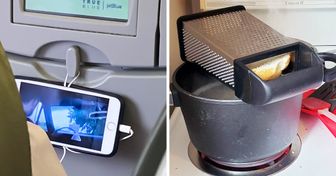
What 7 Human Body Parts Would Look Like If They Were Designed Perfectly

Zac Efron’s Appearance a Few Days Ago Leaves Fans Shocked and Worried

Miley Cyrus Causes a Stir by “Leaving Nothing to the Imagination” as She Wears an Extremely Revealing Dress

Model Lost Entire Lips in Pitbull Attack, And She Reflects on Her Recovering Journey

13 Riddles That Can Unleash the Secret Agent in You

Selena Gomez Was Body Shamed Following Her Latest Red Carpet Appearance, and Her Reaction Was Priceless

At 61, Meg Ryan Makes a Rare Public Appearance and Looks Unrecognizable

Tom Cruise Deemed Unrecognizable in New Pics With Prince William, as Some Say He Had “Too Much Surgery”

